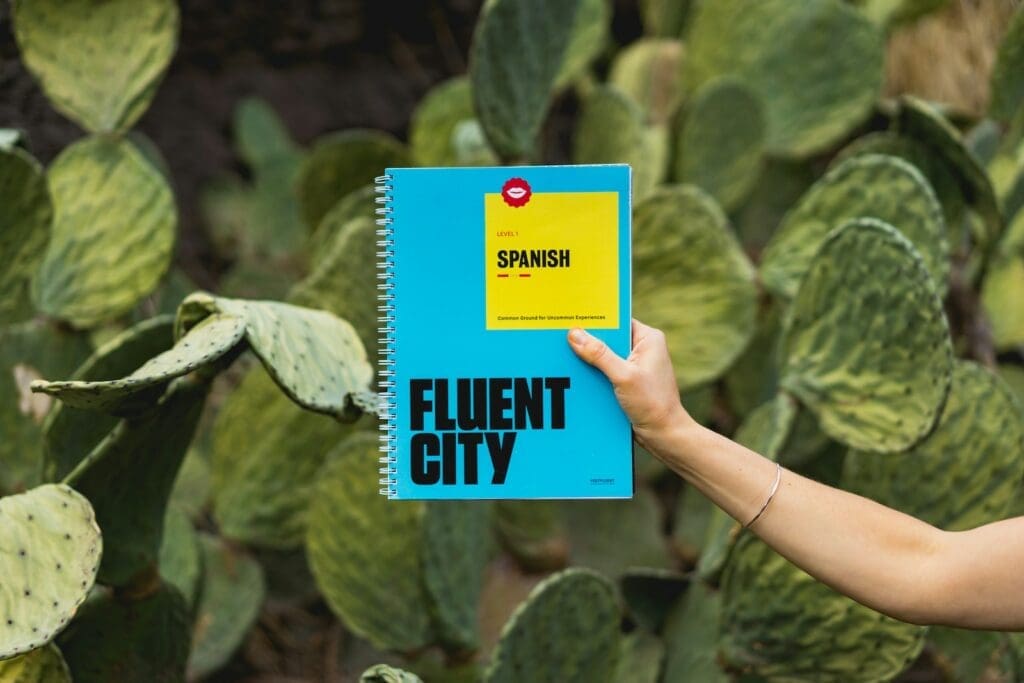
Traveling to a Spanish-speaking country offers an exhilarating blend of vibrant cultures, stunning landscapes, and rich history. As travelers immerse themselves in these new experiences, understanding and speaking some Spanish can significantly enhance their journey. Mastery of essential Spanish travel phrases allows travelers to navigate daily situations with greater ease, from ordering food in a cozy local restaurant to asking for directions to a hidden beach.
Basic Expressions
Knowing some basic expressions in Spanish can significantly enhance a traveler’s experience. These phrases can help one navigate through various situations while exploring Spanish-speaking countries.
Greetings
- Hola – Hello
- Buenos días – Good morning
- Buenas tardes – Good afternoon
- Buenas noches – Good evening or Good night
A warm greeting is the first step in engaging with locals and shows respect for their culture.
Common Questions
- ¿Cómo estás? – How are you?
- ¿Cuánto cuesta? – How much does it cost?
- ¿Dónde está el baño? – Where is the bathroom?
- ¿Hablas inglés? – Do you speak English?
The ability to ask simple questions is crucial in day-to-day interactions, from shopping to finding one’s way around.
Numbers and Time
- Uno, dos, tres… – One, two, three…
- ¿Qué hora es? – What time is it?
- Mañana – Morning
- Tarde – Afternoon
- Noche – Night
For activities like shopping, scheduling, and transportation, understanding numbers and being able to ask about time is essential.
Travel Essentials
Before setting off on a Spanish-speaking adventure, travelers should equip themselves with essential Spanish phrases to navigate transportation, secure accommodations, and enjoy local dining experiences.
Transportation
To travel efficiently, one needs to know specific phrases. For instance, asking for a ticket to a destination is done by saying “Un billete para [destination], por favor.” If one is trying to catch a bus or train, knowing how to ask for the schedule is crucial: “¿Cuál es el horario de los autobuses/trenes?”
- By Train: “Un billete de ida y vuelta a [destination], por favor” (A round-trip ticket to [destination], please).
- By Bus: “¿Este autobús va a [destination]?” (Does this bus go to [destination]?)
- By Taxi: “Lléveme al [address or location], por favor” (Take me to [address or location], please).
Accommodations
When securing a place to stay, it’s important to be able to confirm reservations and request specific amenities or information.
- Reservations: “Tengo una reserva a nombre de [name].” (I have a reservation under the name [name]).
- Room Requests: “¿Podría tener una habitación con ventana?” (Could I have a room with a window?)
Example Phrases:
- “Quiero cancelar mi reserva.” (I want to cancel my booking.)
- “¿Tienen habitaciones disponibles para esta noche?” (Do you have any rooms available for tonight?)
Dining and Food
Understanding common food-related phrases enhances the dining experience and helps avoid potential dietary mishaps.
Ordering Food:
- “Me gustaría pedir [dish name], por favor.” (I’d like to order [dish name], please.)
- “¿Cuál es el plato del día?” (What is the dish of the day?)
Dietary Requirements:
- Vegetarian: “Soy vegetariano/a. ¿Tiene opciones sin carne?” (I am vegetarian. Do you have any non-meat options?)
- Allergies: “Soy alérgico/a a [allergen]. ¿Este plato contiene [allergen]?” (I am allergic to [allergen]. Does this dish contain [allergen]?)
Emergency and Health
In an emergency or health situation while traveling in Spanish-speaking regions, knowing how to ask for medical assistance and ensuring one’s safety is crucial. These phrases can be life-saving tools for travelers.
Medical Assistance
When one requires medical help, it’s vital to communicate effectively. Here are some key Spanish phrases:
- I need a doctor: Necesito un médico.
- Where is the hospital?: ¿Dónde está el hospital?
For non-emergency situations, where one might feel unwell, phrases like “I have an allergy” (Tengo una alergia) or “I need medicine” (Necesito medicina) are useful.
Safety and Security
Concerning safety and security, travelers should be equipped with phrases that can help them in urgent situations. Some must-know terms are:
- Help!: ¡Ayuda!
- Call the police!: ¡Llame a la policía!
For specific concerns like theft, one could use “My wallet has been stolen” (Me han robado la cartera) or to ask for immediate assistance, “It’s an emergency” (Es una emergencia).
One’s ability to communicate during critical times can ensure faster and more effective help, making these phrases a valuable part of one’s travel vocabulary toolkit.
For many, the thought of learning a new language can be daunting. However, they don’t need to be fluent to make their trip smooth and enjoyable. Equipped with a repertoire of basic phrases and vocabulary, travelers can build a bridge of communication, showing respect and appreciation for local customs. A prepared traveler is one who can greet, thank, inquire, and even handle emergencies in the native tongue, paving the way for a richer, more engaging adventure.
Essential Spanish phrases not only aid in practical interactions, but they also open doors to more authentic experiences. When travelers make the effort to speak Spanish, they often find that locals are more receptive and friendly, leading to more meaningful exchanges. Whether finding the best places to visit, learning about traditions, or just making new friends, a little Spanish goes a long way in making one’s travel memories last a lifetime.